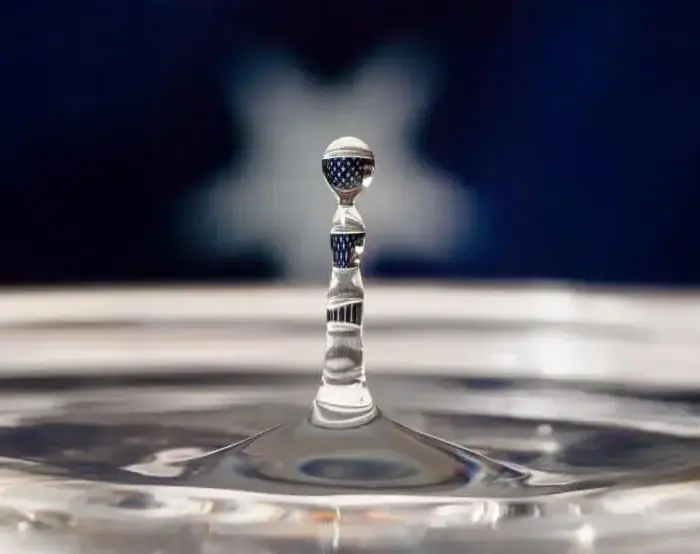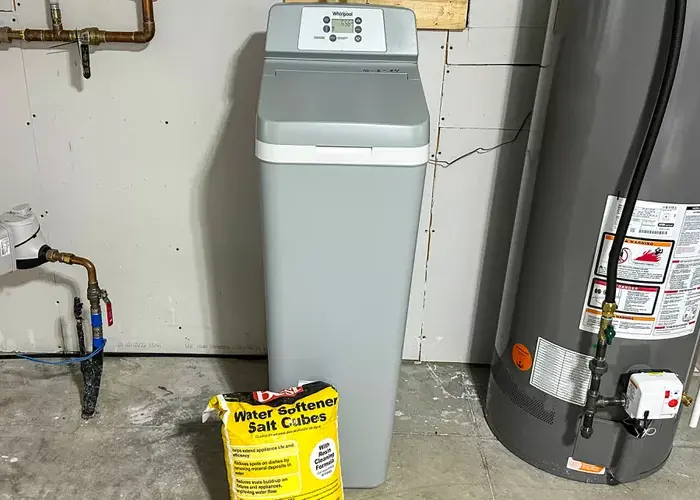Food and Beverage Industry
The food and beverage industry is one of the industries that rely heavily on water filtration. Water is a crucial ingredient in food and beverage production, and it is used in various stages of production, such as washing, mixing, and bottling. The industry uses water filtration systems to remove impurities, such as minerals, chemicals, and bacteria, to produce safe and clean water for production processes.
Pharmaceutical Industry
The pharmaceutical industry uses water filtration systems to produce high-quality water for various applications. Water is a critical component in pharmaceutical production, and it is used in various stages, such as cleaning equipment, mixing, and manufacturing. The industry relies on water filtration systems to remove impurities such as bacteria, viruses, and chemicals to produce pure water for its processes.
Electronics Industry
The electronics industry is another industry that relies heavily on water filtration. The industry uses water for various applications, such as cleaning, cooling, and production processes. Water filtration systems are used to remove impurities, such as minerals, bacteria, and chemicals, to produce ultra-pure water for its processes.
Oil and Gas Industry
The oil and gas industry uses water for various applications, such as drilling, hydraulic fracturing, and refining. The industry relies on water filtration systems to remove impurities, such as sand, minerals, and chemicals, to produce clean water for its processes. The industry has also invested in advanced water filtration systems, such as reverse osmosis and nanofiltration, to treat wastewater for reuse.
Municipalities
Municipalities also rely heavily on water filtration systems to provide safe and clean water to their residents. Water treatment plants use various methods such as coagulation, sedimentation, and filtration to remove impurities such as bacteria, viruses, and chemicals, to produce safe and clean drinking water for their residents.
Future Blog Posts
In future blog posts, we will explore specific industries in more detail, such as the food and beverage industry, pharmaceutical industry, and electronics industry. We will delve into the different water filtration systems used in each industry, their advantages and disadvantages, and how they contribute to the production processes.
We will also explore the latest trends in water filtration technology and how they are shaping the future of the industry. The latest technologies, such as nanofiltration, reverse osmosis, and ultraviolet disinfection, are changing the landscape of water filtration, making it more efficient and cost-effective.
Conclusion
Water filtration is an essential process in various industries, and its importance cannot be overemphasized. Industries that rely on water for their processes have invested heavily in water filtration systems to produce safe and clean water for their operations. In future blog posts, we will explore specific industries in more detail and the different water filtration systems used in each industry. We will also explore the latest trends in water filtration technology and how they are shaping the future of the industry.








